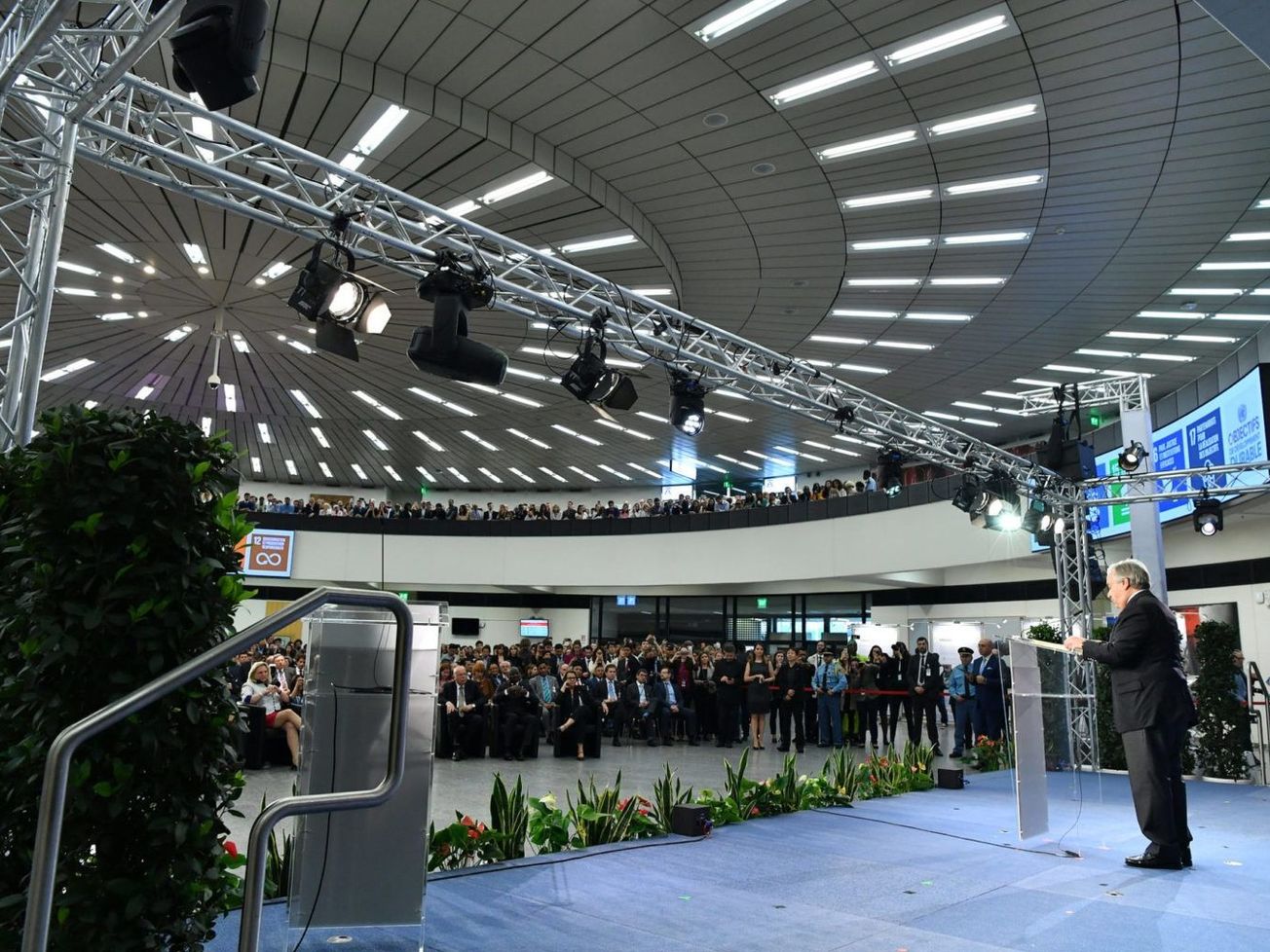GENEVA (AN) — The U.N. human rights office acknowledged on Wednesday it had suffered a sophisticated cyber attack on its computers last year, but sought to assure the public that none of its sensitive data or confidential information were accessed.
Numerous high-profile, sensitive investigations into suspected abuses of human rights are carried out by the Office of the U.N. High Commissioner for Human Rights, or OHCHR, making it an adversary of repressive governments that try to track and punish opponents.








